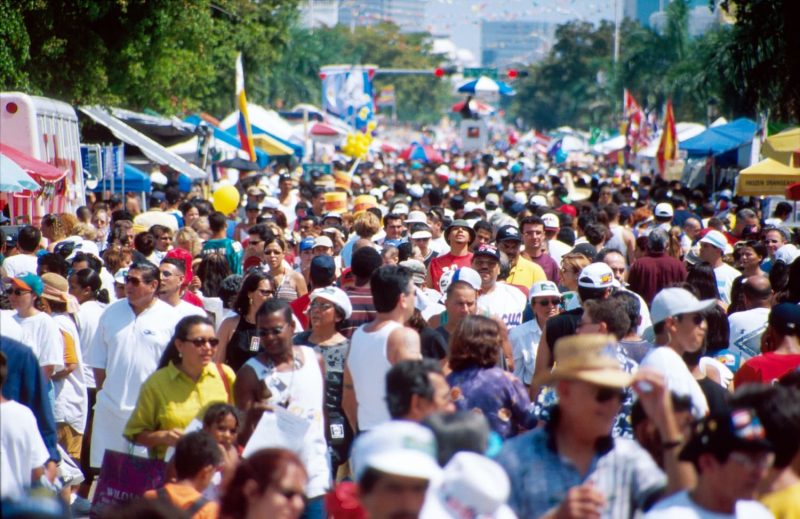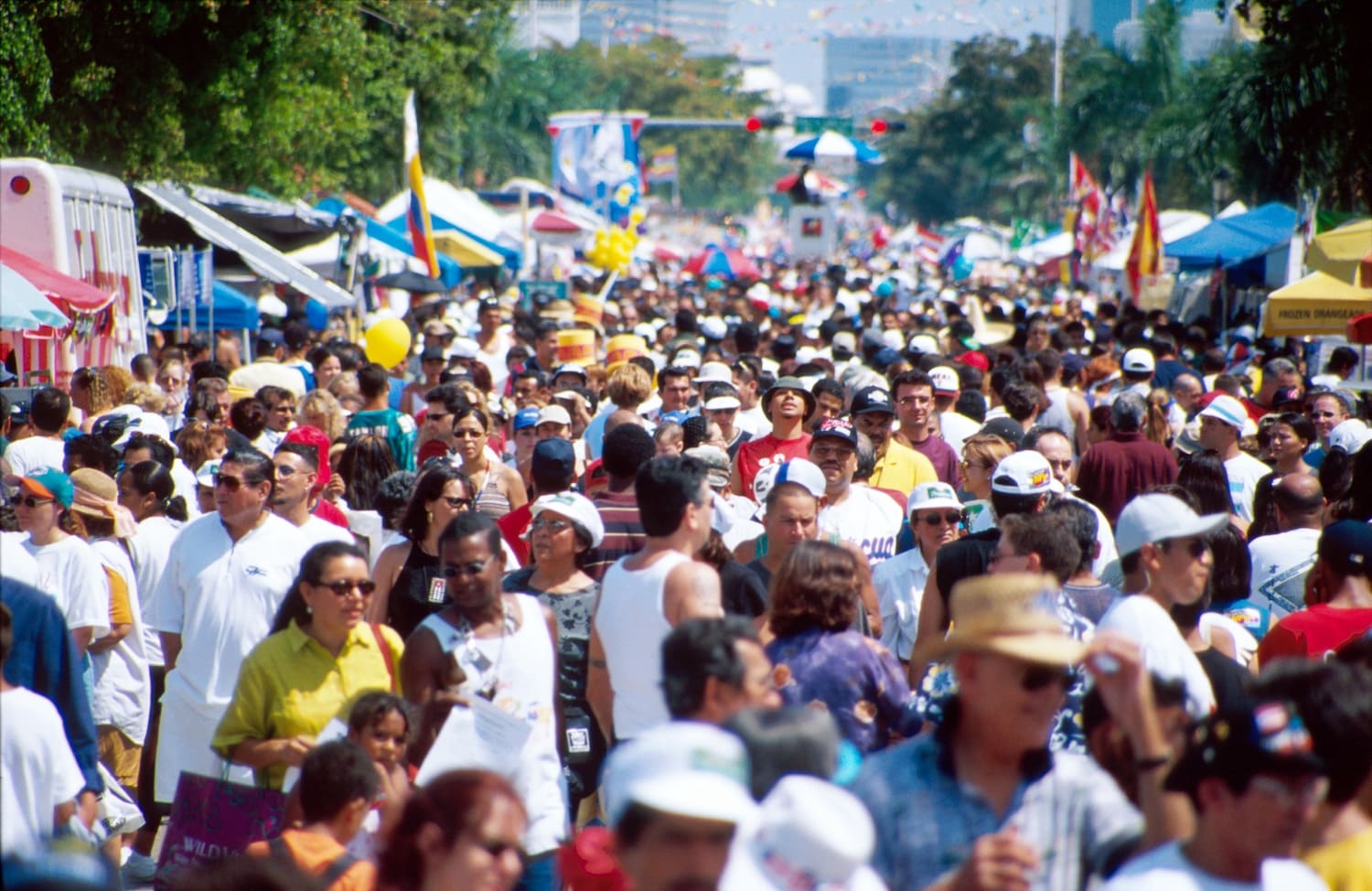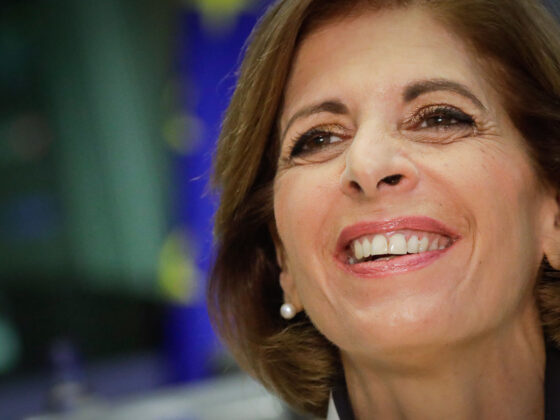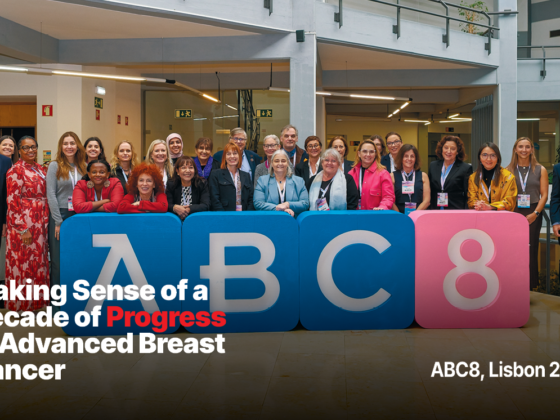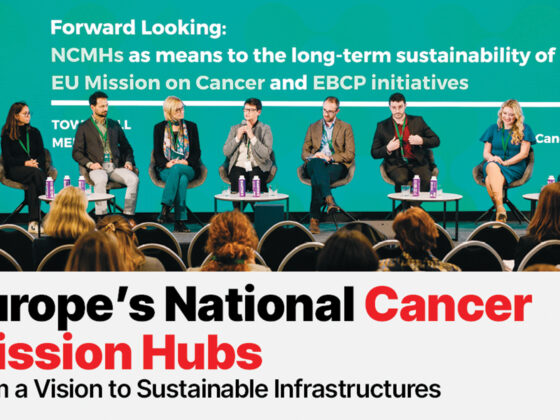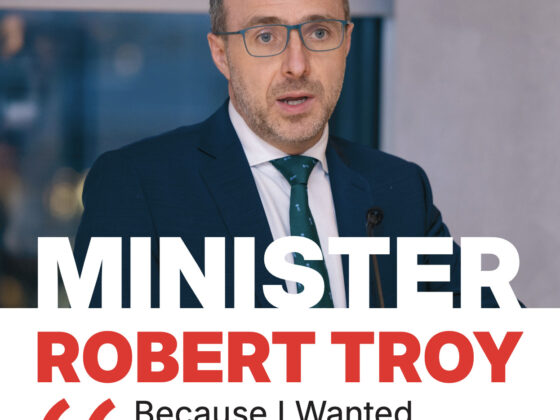Research conducted on cancer data for the southern US state of Florida shows how addressing sociocultural differences can bridge the gaps in cancer awareness and early detection, and improve outcomes.
The study looked into the racial/ethnic disparities in stage of diagnosis of non-small-cell lung cancer, and analysed the reasons behind significant regional variations between communities across the state.
Currently, fewer than 5% of eligible individuals in the US undergo lung cancer screening – in Florida that decreases to less than 3%.
To explore the issue, researchers analysed data from the Florida Cancer Data System, which records all cancer diagnoses in the state, focusing on non-small-cell lung cancer diagnoses between 2005 and 2018.
They explored disparities in lung cancer staging, examining differences between specific ethnic subgroups, focusing first on Hispanic, non-Hispanic Black, and White populations, and then narrowing it to Hispanic subgroups such as Mexican, Puerto Rican, Cuban, Spaniard, Dominican, Central American and South American patients.
They found clear evidence that Hispanic communities are diagnosed later than White patients across the state. However, that disparity disappeared in the south of Florida, where the Hispanic communities are more concentrated and more healthcare providers are Hispanic themselves. This ultimately has a positive impact on healthcare access and patient trust, say the researchers.
The key difference driving this outcome in southern Florida may be that there is sensitivity to the characteristics and needs of a particular culture.
According to Qinran Liu, a postdoctoral fellow at the American Cancer Society and lead author of the study, many factors influence whether patients from under-represented groups receive an early diagnosis. These include language proficiency, assimilation, immigration status, insurance coverage and socioeconomic status. Being sensitive to these considerations can increase confidence between patients and doctors and help alleviate patient fears.
Yet despite this, aspects related to cultural sensitivity are normally overlooked in cancer awareness strategies. “They are significant and can impact the patient’s cancer outcome, especially for racial minority groups,” Liu says.
Communities in southern Florida are showing the way, creating interventions that take these factors into account. Community health outreach programmes are constantly communicating the importance of timely diagnosis with the population, and seeking to introduce affordable care options and education.
According to Liu, increasing the representation of Hispanic individuals in healthcare and community support networks particularly enhances cultural understanding between providers and patients, fostering better communication through shared language and cultural insights. “[Healthcare providers] listen, they understand, they build trust,” she says.
These findings have implications beyond the United States. Jorge Hidalgo, an oncologist at the Fundación Centro Oncológico de Integración Regional (COIR) in Mendoza, Argentina, says that the medical community and policy makers all over the world should see the value of understanding the populations living in their territories. The issue extends beyond any single ethnic group. It’s also crucial to understand the disparities between populations of varying socioeconomic levels. “They should know their own epidemiology and demographics,” says Hidalgo.
“The medical community and policy makers all over the world should see the value of understanding the populations in their territories”
In Argentina, ethnic diversity varies considerably by region. The north of the country, in particular, features a rich mix of indigenous communities, Afro-Argentines, and descendants of immigrants from various nationalities. The diversity diminishes toward the centre of the country. In the province of Mendoza, where Hidalgo is located, the population is relatively homogeneous in terms of ethnic composition. This doesn’t mean the population lacks diversity in other ways – something Hidalgo has faced in his practice.
In 2014, COIR partnered with the province of San Juan – an area bordering Mendoza, with a similar ethnic makeup – to launch a pilot breast cancer screening programme for public employees. The employees, from janitors to judges, all shared the same state medical coverage, yet their socioeconomic backgrounds varied widely. However, the programme didn’t consider these differences in its interventions and in the end only reached 30% of employees.
The organisers consulted a team of sociologists to examine the reasons for low participation. The preliminary findings suggested that economic barriers, such as the inability to take time off work without losing pay, and misinformation about the diagnostic process leading to fear of the procedure, were important factors.
A better understanding of these socioeconomic disparities would have helped COIR develop more targeted interventions, Hidalgo says. “It is very important to take into account the patient’s cultural background in order to be able to adapt the message.”
Hidalgo thinks the Florida study is a great first effort at understanding a specific community like Hispanics, and how cultural barriers can prevent patients from accessing early diagnosis. Yet he encourages researchers conducting these types of studies to investigate the unique cultural and biological differences within each group classified under a broad population label like Hispanic. It’s too simplistic, he says, to represent the diverse behaviours of these groups under a single term like Hispanic. There are phenomena that can change, “that are not universal.”
He argues that the study’s findings should not only encourage greater diversity among healthcare workers but also highlight the opportunities hospitals have to improve patient access to care. Maybe healthcare providers should learn the language their patients speak, he adds. “Solutions must be brought closer to the people. That is what the health system is all about.”

